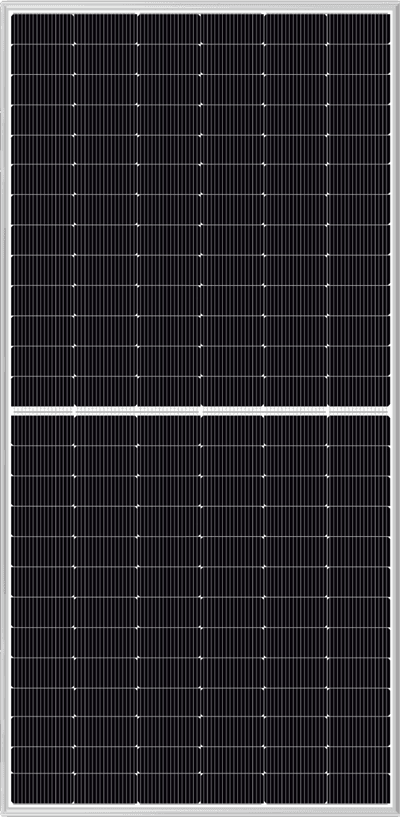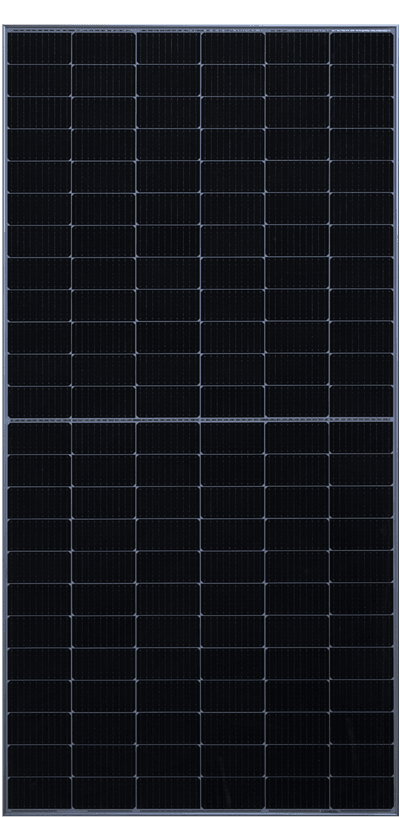Adapting to market volatility, Runergy transitioned from its start as a technical services provider to establishing a vertically integrated industrial chain. Tang Jun, President of Runergy, explains how this strategy is good not only for the company, but for the industry as a whole.
How has Runergy adapted to solar market volatility and the changing technology landscape?
Back in 2013, when the solar industry was going through a slump, Runergy managed to rise up against the odds and come into being. Our journey started with technical services, gradually expanding to leasing production lines and providing processing services, and eventually building our own facilities.
Currently, solar cell technology is shifting from p-type to n-type. Our research institute has made significant progress in developing n-type technology. Leveraging our expertise in solar cell research and market knowledge, we have expanded into polysilicon, wafer, and module production. We have also ventured into the power station business and established the vertical integration of the supply chain.
Runergy works closely with partners in Europe, the United States, Southeast Asia, South America, and other regions to expand our market flexibly and reliably. With a complete industrial chain, we provide diversified and professional products to customers globally. Additionally, we have local teams in over 20 countries and strong partnerships with solar industry associations worldwide. We collaborate with industry peers to exchange ideas and resources, forming strong and reliable partnerships.
What is the strategy behind the vertical integration of Runergy’s supply chain?
Runergy has a top-notch solar research institute in Yancheng and collaborates with Fraunhofer-ISE in Germany and UNSW in Australia to advance solar technology. Our skilled team works on cutting-edge n-type technologies including HJT cells. We plan to expand our polysilicon, wafer, and solar module manufacturing capacity across multiple locations worldwide. RAMBO Power, a subsidiary of Runergy, has established a global footprint and is dedicated to high-quality solar power stations.
We oversee every production step from polysilicon to modules, ensuring the best quality for our solar products. By managing our supply chain effectively, we save costs and stay competitive. Our streamlined process allows quick adoption of new research, keeping us technologically advanced. This integration speeds up deliveries, ensures product reliability, and lets us respond promptly to customer needs. We are confident in meeting the European market’s high standards in product quality and traceability. In addition, we have established supply chain and financing centers in Shanghai, China, Germany, and Singapore to accelerate the implementation of our global strategic plan and better serve our worldwide customers.
How is Runergy pursuing long-term sustainability in the solar sector?
We prioritize the well-being and growth of our employees, and we address and enhance environmental issues within Runergy’s operation. We are dedicated to engaging in sustainable development initiatives in the supply chain that focus on environmental and social responsibility. We collaborate with external suppliers and partners to foster a fair, equitable, and transparent business environment.
In June 2023, Runergy became a member of the United Nations Global Compact, demonstrating our commitment to promoting corporate social responsibility and sustainable development. Recently, Runergy received the highest “Very Good” rating from Dun & Bradstreet’s ESG certification. Additionally, in the sustainability evaluation conducted by EcoVadis, we excel among industry peers, ranking in the top 35%. Notably, our n-type modules have achieved the French carbon footprint PPE2 certification.
What do you see as the biggest trends in the solar industry?
The future of solar technology points toward advancements in crystalline silicon, n-type technology including HJT, and back contact technology. Also, other advanced materials are developing quickly, like perovskite and organic solar cells, which signals greater potential for solar energy technology.
Policy support is a key factor affecting the growth of the solar energy market, especially in Europe. It plays an important role in stimulating solar energy applications, providing a stable environment for investors and enterprises, and promoting the overall healthy development of the industry. We are encouraged by the robust policy trends and are eager to collaborate with policymakers to further advance the solar sector and contribute to the region’s renewable energy objectives.


